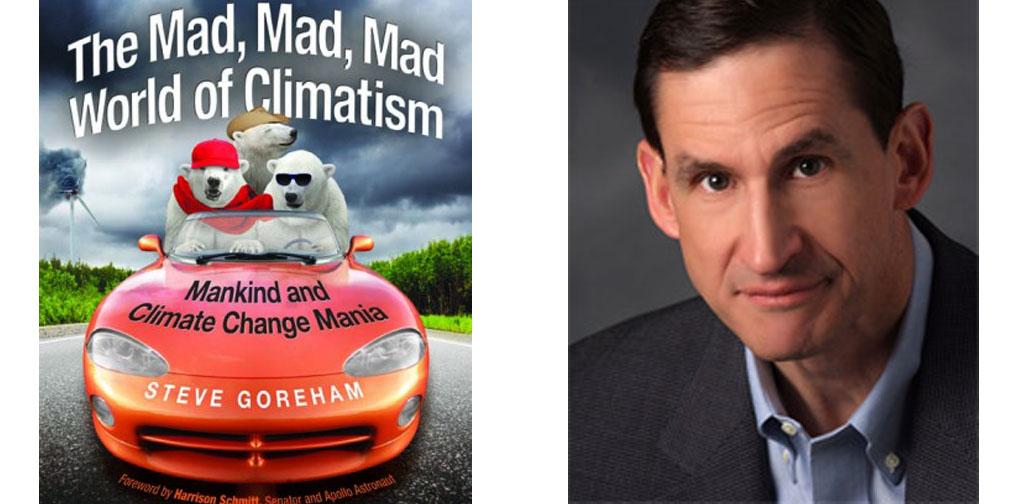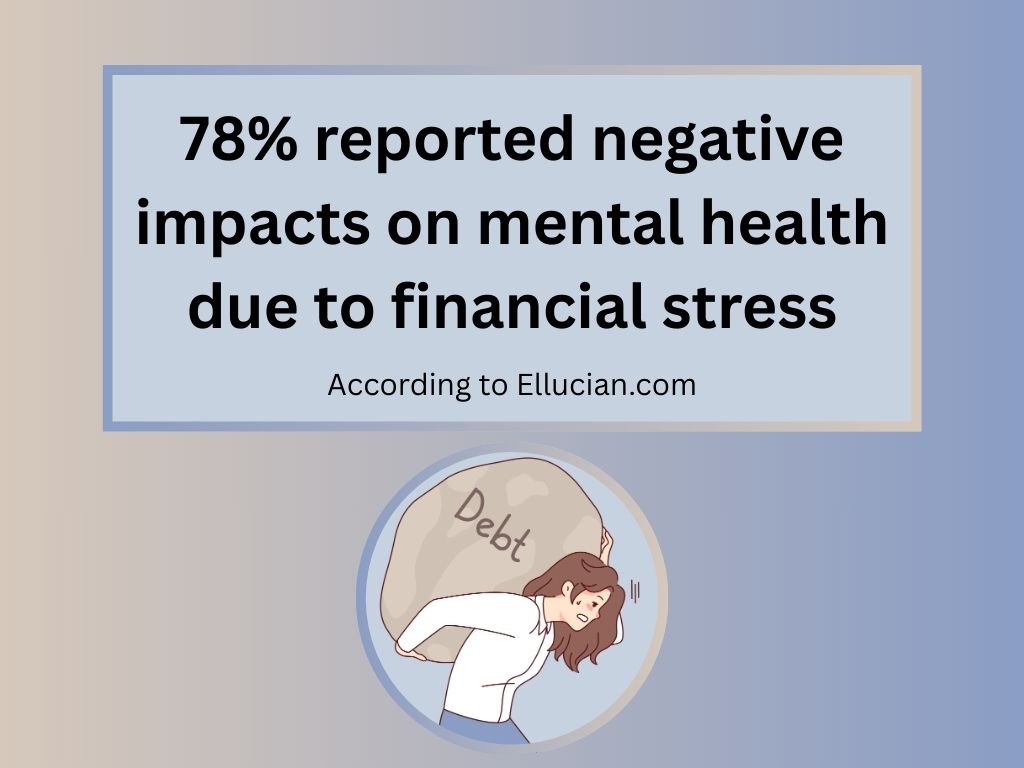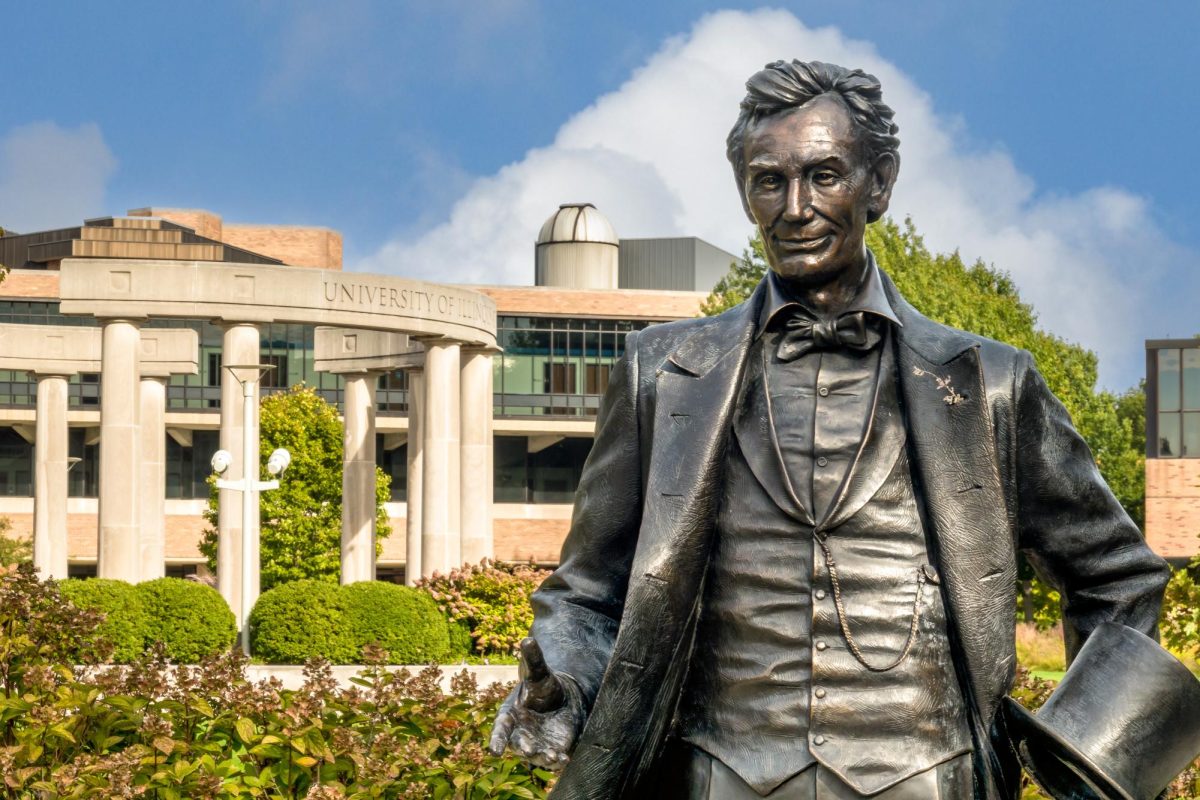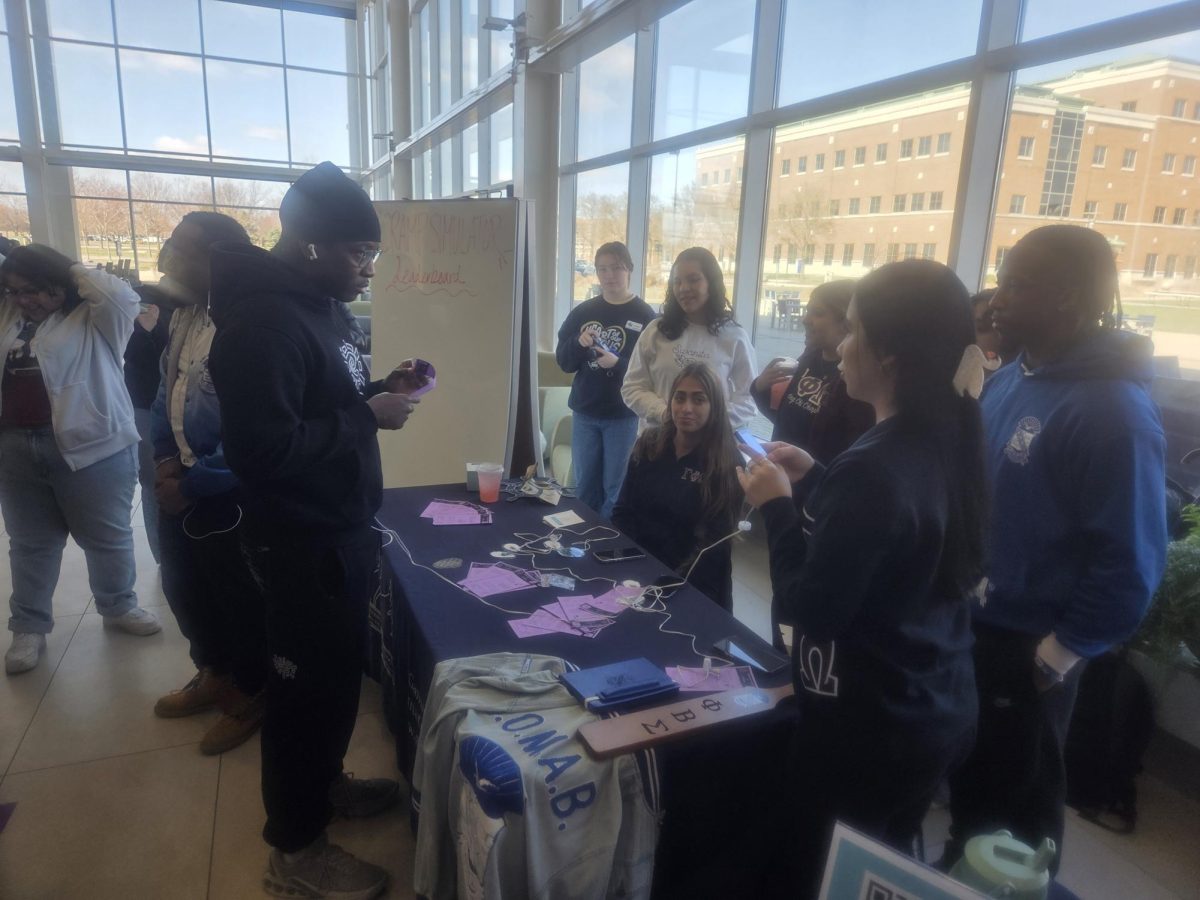“Do you know the truth about climate change?” This is how Steve Goreham, Executive Director of the Climate Science Coalition of America and author of The Mad, Mad, Mad World of Climatism, beckoned to customers who pass near his table of self-published books. If the customer had a young child in toe, he said, “Pretty soon they’ll have her watching Al Gore’s movie,” referring to the 2006 film on climate change, An Inconvenient Truth, starring the former Vice President.
This is how he drew in Stacey Ericson, a kindergarten teacher at Pleasant Hill Elementary School, who was browsing at Barnes & Noble on a Saturday afternoon with her children. “Change your light bulbs and save a polar bear: that’s what they’re teaching them in schools these days,” Goreham said.
“No, that’s not what we’re teaching them,” Ericson responds, while flipping through the pages. She purchased a copy anyway, asking Goreham to sign it as a gift for her father. “He’ll love this. Just for a little while, he may think he raised a Republican and not a Democrat.”
Goreham, a former business executive, holds an M.S. in electrical engineering from the University of Illinois at Urbana-Champaign and an MBA from the University of Chicago. “I just decided I would start writing some books and picked some topics, and I really got interested in this one.” It was in his first book, Climatism! Science, Common Sense, and the 21st Century’s Hottest Topic, that he penned “climatism” to describe a scientific, social, and political bias.
“I call it a madness,” he said. “Climatism is the belief that man-made greenhouse gases are destroying Earth’s climate.” Greenhouse gases occur naturally and as the result of human activity. Carbon dioxide, methane, and water vapor, for example, share the defining characteristic of both absorbing and emitting heat from the sun, which creates a greenhouse or warming effect when present in Earth’s atmosphere.
Goreham argues that the production of these gases through human activity, such as forms of industrial manufacturing, urban development, and automobile emissions, has little impact on the environment. “If we completely eliminated emissions, we probably couldn’t even measure the temperature difference.”
Despite Goreham’s claim, which he says is supported by some segments of the scientific community, “The world jumped to a conclusion [which is now] being driven by money. We have many people who have built their careers on this position now. They’ve gotten tenure at universities because they took this point of view.”
Dennis Ruez, Associate Professor of Environmental Studies, clarified the role of scientific research in the university setting: “When scientists apply for a grant, they don’t say, ‘I plan to prove this.’ They say, ‘I want to investigate whether or not climate change is happening.’ … The results don’t come until after the funding.” The primary concern of the funding sources, according to Ruez, is not the results. “They just want it to be good science.”
Even though Goreham believes there is a strong economic motive behind the debate, he said, “I don’t pretend to know what’s in people’s hearts. I deal with the science, fact, and the economics.”
The consensus among researchers is that the Earth is heating up, and there is little disagreement human activity has influenced that trend. A study conducted at UIC in 2009 found that 97 percent of climatologists surveyed around the world agree that humans play a role in climate change. According to Ruez, this is not where the debate ends, but where it begins. “There is a debate about how much of a role humans have played, because there are multiple factors,” he said.
Climate scientists often find trends in the historic record. “From the geologic record, which is where we should go, because the Earth has gotten warmer and cooler we know that can happen naturally,” Ruez said, “We also know the rate at which it happens naturally. Current climate change is happening far, far faster than it has ever happened in the geologic past, so we know that there’s something else happening here.”
But Ruez stated that warming trends do not occur uniformly across the globe. Goreham uses the difference between Antarctica, which is still very cold according to historic standards, and the Arctic, where some have sounded alarms over shrinking polar ice caps, to bolster his claim that global warming is “goofy” science.
Ruez stated that the public often hears “global warming” and assumes the world is warming at the same rate. “And that’s absolutely not the case,” he said. “Steve is correct in that there are places in Antarctica that are currently getting colder, but as a global average he does not acknowledge that the globe is getting warmer.”
Additionally, it can be difficult for non-scientists to grapple with the meaning of data. While Goreham points to the rise of little more than one degree Fahrenheit over the past 20 years as less then alarming, Ruez said it is historically significant. “Twenty-thousand years ago when there was ice covering Springfield, [it] was only 8 degrees Fahrenheit cooler than now. 1.4 is a good chunk of 8.”
Beyond the science, there is an obvious political dimension to this debate, with parties often advocating more or fewer regulations depending on how environmental issues factor in the decision-making. Marc Reiter of the College Democrats said, “Republicans claim clean energy legislation and regulations are harmful to the economy, but they don’t understand that you can’t have an economy if you don’t have a planet to put it on.” The College Republicans and the Students Allied for a Greener Earth did not respond to invitations for comment.
Goreham uses his evidence to argue against state and federal policies that attempt to limit greenhouse gas emissions, particularly subsidies for wind and solar projects. “In my mind, I think President Obama thinks he’s doing the right thing … but it’s all because of a misguidedness.”
For his part, Ruez avoids mixing political policy and science. “There’s only one science,” he said. “What you do with that information, that can be different based on your political perspectives… Regardless of whether it is entirely human-caused or entirely natural, the impacts of climate change are going to be the same. That’s where the discussion needs to be, but at that point we need to bring in the political scientists as opposed to just natural scientists.”
Ruez does agree with Goreham on one point, though: “Don’t get your science from Al Gore because he’s not a scientist. Gore makes his living with words. I make mine with science.”







